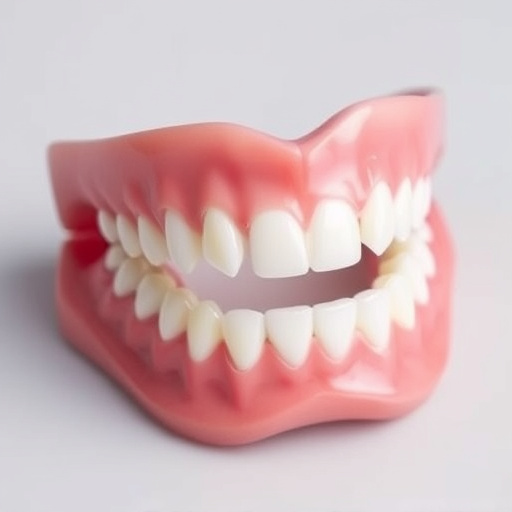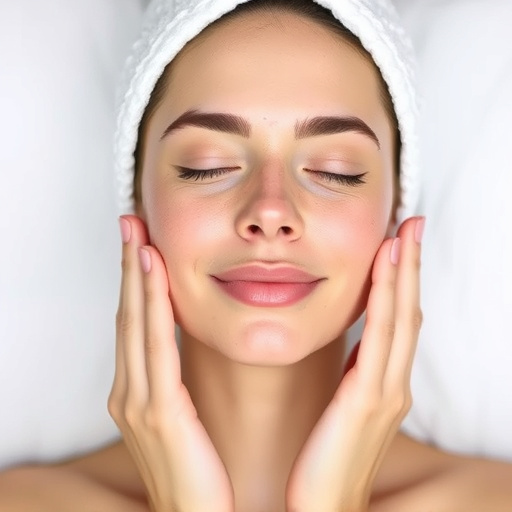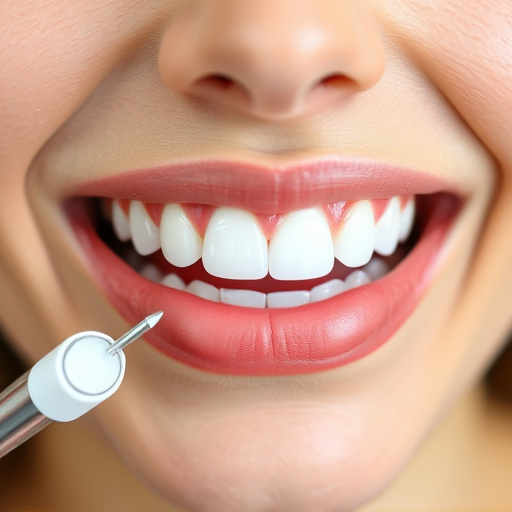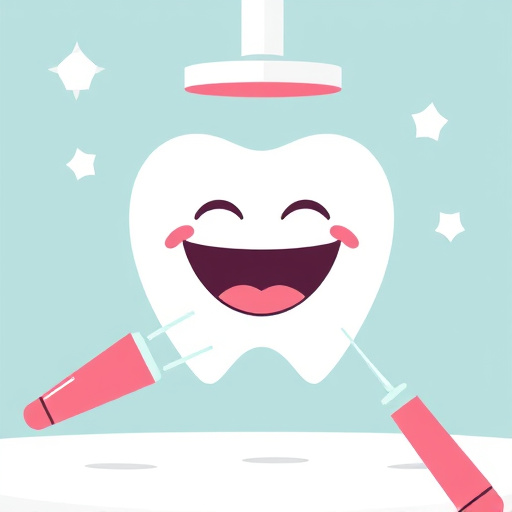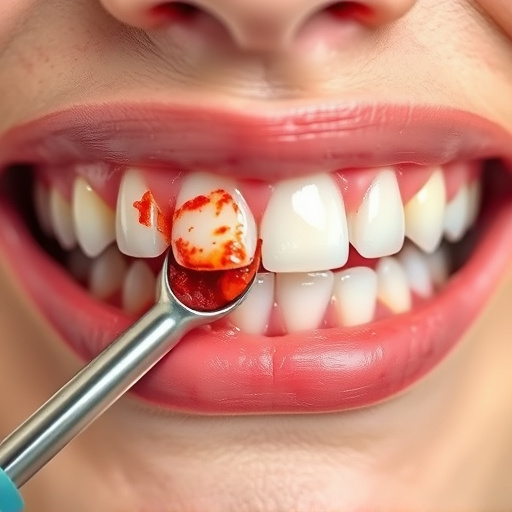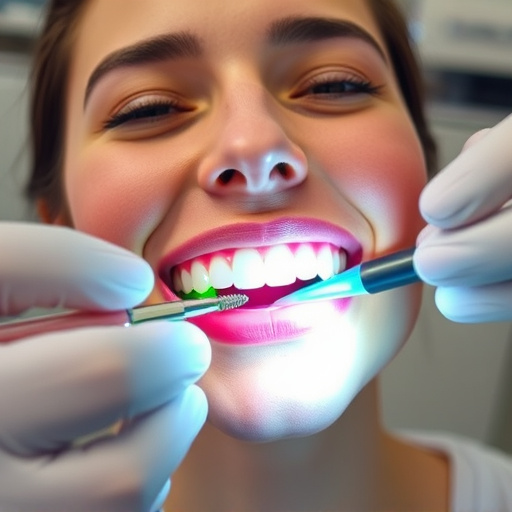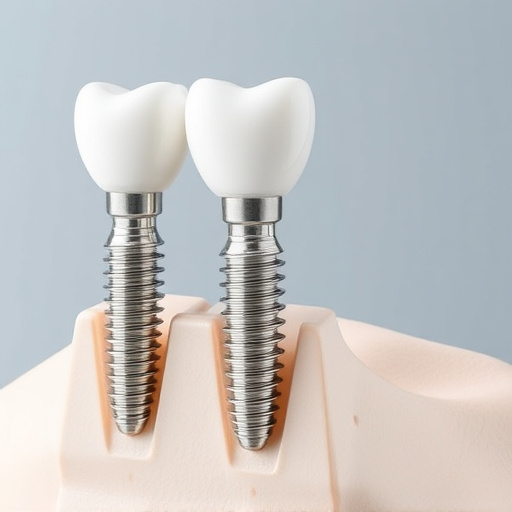Snoring, a common sleep disorder caused by blocked airways, disrupts sleep quality and can be addressed through various snoring treatment options. Mild cases may respond well to lifestyle changes like weight loss, consistent schedules, and positional therapy. More severe snoring requires specialized interventions such as CPAP machines, dental appliances, or procedures correcting structural issues. Even simple home remedies and dental procedures can help manage snoring before exploring advanced snoring treatment options.
Snoring, more than just a noisy nuisance, can disrupt sleep quality and lead to various health issues. Understanding its causes, which range from anatomical factors to lifestyle choices, is key to finding effective solutions. This article explores top snoring treatment options recommended by sleep professionals, encompassing both medical interventions and lifestyle changes. From continuous positive airway pressure (CPAP) machines to simple home remedies, discover the best approaches to reclaim a peaceful night’s rest.
- Understanding Snoring: Causes and Impact on Sleep Quality
- Top Snoring Treatment Options Recommended by Experts
- Lifestyle Changes and Home Remedies for a Quiet Night's Rest
Understanding Snoring: Causes and Impact on Sleep Quality

Snoring is a common sleep disorder that occurs when the airway becomes blocked or narrowed during rest, leading to disrupted breathing patterns and characteristic sounds. It’s more than just an annoying noise; it can significantly impact overall sleep quality. Snoring results in frequent awakenings, reducing deep sleep stages essential for physical restoration. The consequences extend beyond the individual, affecting partners and family members with potential health implications.
Several factors contribute to snoring, including anatomical traits like a narrow throat or nasal congestion, excess soft tissue in the back of the throat, and certain medical conditions. Overweight individuals are particularly susceptible due to increased fat deposits around the neck region. Even dental issues such as misaligned teeth or poor jaw positioning can play a role. Recognizing these causes is crucial when exploring effective snoring treatment options, as recommended by sleep professionals, which may include lifestyle adjustments, oral appliances, or in severe cases, surgery.
Top Snoring Treatment Options Recommended by Experts

The top snoring treatment options recommended by sleep professionals vary depending on the severity and underlying causes of the condition. For mild cases, addressing simple lifestyle changes such as maintaining a healthy weight, adopting a consistent sleep schedule, and avoiding stimulants before bedtime can significantly reduce snoring. Additionally, positional therapy, where one sleeps on their side rather than their back, is often effective.
More severe snoring may require more specialized interventions. These include devices like continuous positive airway pressure (CPAP) machines that keep the airways open during sleep. Dental appliances, such as mouthguards or mandibular advances, are also popular choices. For certain individuals, procedures like wisdom tooth removal or routine oral exams can alleviate snoring by addressing structural issues in the mouth and throat. Clear aligners, similar to braces, have gained popularity for their ability to gradually adjust the bite and improve airway patency without the discomfort of traditional hardware.
Lifestyle Changes and Home Remedies for a Quiet Night's Rest

Many people struggling with snoring often find relief through simple lifestyle changes and home remedies before considering more advanced snoring treatment options recommended by sleep professionals. One effective strategy is adopting a healthier routine, including regular exercise and maintaining a balanced diet. Losing weight can significantly reduce the severity of snoring, as excess weight contributes to relaxation of the throat muscles, leading to obstructions during sleep.
Additionally, adjusting one’s sleeping position can make a substantial difference. Sleeping on your side, rather than your back, can prevent the tongue from blocking the airway. There are also several home remedies worth trying, such as using saline sprays or nasal strips to keep the nasal passages clear and reducing fluid intake before bed to minimize post-nasal drip. While dental fillings, general dentistry, and dental bonding aren’t direct snoring treatments, addressing underlying oral issues with these procedures can indirectly improve breathing during sleep.
Snoring can significantly disrupt sleep quality, but with the right snoring treatment options, it is possible to restore peaceful nights. Sleep professionals recommend combining lifestyle changes and home remedies with expert-backed treatments like oral appliances, nasal strips, or even surgery for severe cases. By addressing the root causes of snoring, individuals can experience improved sleep and overall well-being. These recommended snoring treatment options offer a comprehensive approach to achieving quieter, deeper rest.

